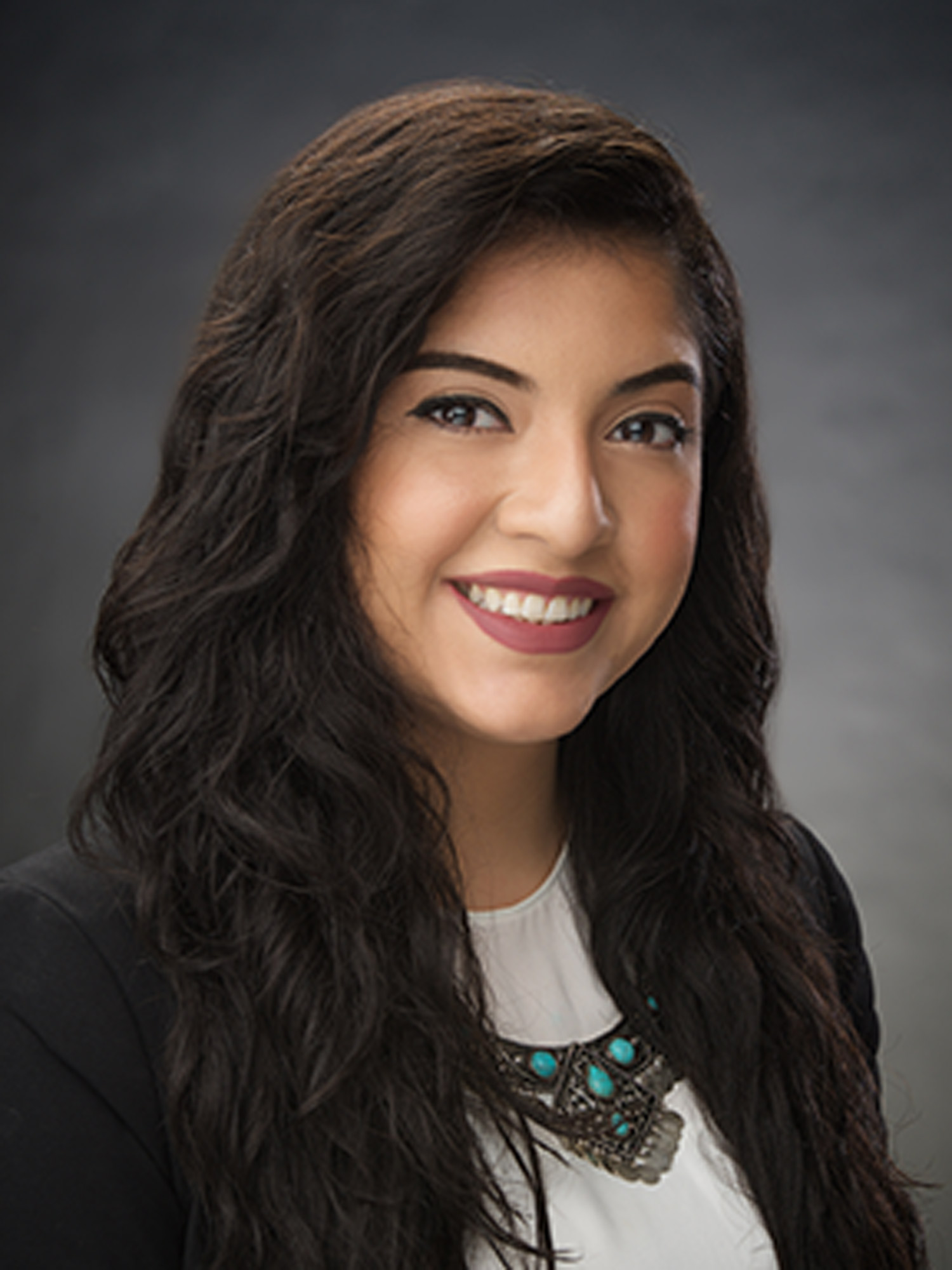Why Take Part in a CAMS Event? We Asked Two Alums.
“Sometimes all you need is just that one message or that one interaction with someone to say, okay, I’m not crazy. What I’m thinking is actually doable, and it’s in my reach.” -Tyrone Quarterman, C’17, GR’21
The College Alumni Mentoring Series (CAMS) was created to bring College undergraduates together with alums as a way to open windows on possible careers and give students practical knowledge about entering the workforce. CAMS events during the spring 2023 semester were both virtual and on-campus and included roundtable events focused on entertainment and media, public health and health care consulting, and marketing and brand management. There were also two mentorship meals featuring Dr. Milan Shah, C’08, a physician, and Loren Flaum, C’05, of Flaum Management, a commercial real estate agency.
We talked to two alums about why they made the time and effort to come to campus for the public health event.

Diana Estefanía Estrada Alamo, C’15
Diana Estefanía Estrada Alamo, C’15, is a senior advisor within the healthy communities practice at the Bloomberg Center for Government Excellence. They work with city partners throughout the Americas to help senior leaders better use their data to track results and make improvements to meet city resident needs. Estrada Alamo also has a fellowship with the Institute for the Quantitative Study of Inclusion, Diversity, and Equity, as a co-director of its Stopping Trafficking and Modern-Day Slavery Project, working to disrupt financial pathways of modern slavery and human trafficking.
“I thought, “Wow, I really wish that this event existed when I was an undergrad, because I would’ve benefited a lot as someone who was navigating what felt like a path no one had ever navigated," says Estrada Alamo. They participated in the CAMS event partly because they thought it was a necessary career topic. “I think that unfortunately most institutional pathways—not just Penn—often just talk about health and medicine from a hospital-centric or pre-med path. There aren’t really many other avenues for students to explore what health could look like outside of this structure.”

Tyrone Quarterman, C’17, GR’21
Tyrone Quarterman, C’17, GR’21, entered college planning on a pre-med track, but realized as he got more clinical experience that “as much as I love healthcare and medicine, I didn’t want that specific career, but I still wanted to work in healthcare and medicine to do community education and health disparities work addressing those barriers.” He went on to earn an M.P.H. and now works for Myriad Genetics, an advanced medicine genetic testing company, as senior manager of health equity and diversity.
“I know I wouldn't be where I’m at without people sharing their pathways and really giving back the time and knowledge of, ‘This is what I did, this is how I got to where I was,’” he says. “I think this was the perfect opportunity for me to do the same. Sometimes all you need is just that one message or that one interaction with someone to say, okay, I’m not crazy. What I’m thinking is actually doable, and it’s in my reach.”
“I think as someone who’s first generation, when it came to carving out my trajectory at Penn or after Penn, a lot of things were things that I couldn’t even fathom,” says Estrada Alamo. “Being able to hear people’s pathways, even if they’re not your pathway, allows you to start inputting data and saying, ‘All right, cool, so this is an option. I can apply to this grad program or I can do this laboratory work.’”
A former Penn football player, Quarterman also mentors students in other ways, including through the team’s mentorship program, and he is involved with an alumni board for the M.P.H. program. He “absolutely” thinks the CAMS event was useful for the students. “I’ve actually been able to build a relationship with one student who reached out to me about her summer plans, asked me for letters of recommendation and ongoing opportunities after the summer. It’s just been really cool because, again, that was me not too long ago.”
Being able to hear people’s pathways, even if they’re not your pathway, allows you to start inputting data and saying, ‘All right, cool, so this is an option. I can apply to this grad program or I can do this laboratory work.’
Estrada Alamo has served as an alumni interviewer and previously spoke at an Alumni Weekend program featuring first-generation students talking about their experience at Penn. “I think one of the many benefits of having a strong alum network is to be able to have folks come in and share the challenges and the growth and the opportunities that they might not have known about or had access to,” they say.
Quaterman says, “I would love to see more alumni get involved in some way. I think so often we get so caught up in the workday: I’ve got to do this, I’ve got to do that. Take some time out and just give back. Just give your time, give your knowledge. I think it affects people positively more than we think.”
If you’d like to be involved with the College Alumni Mentoring Series, please click here.


